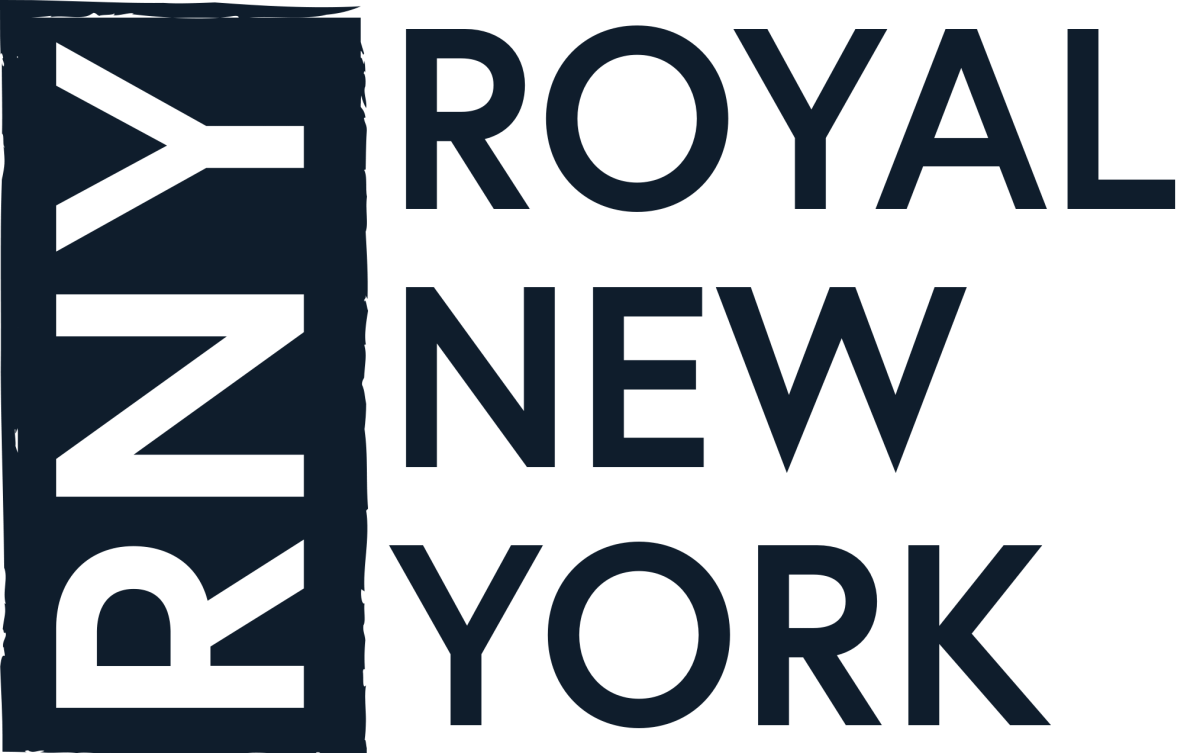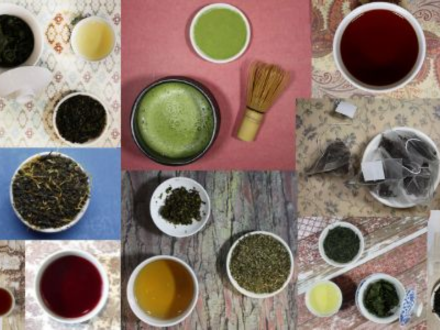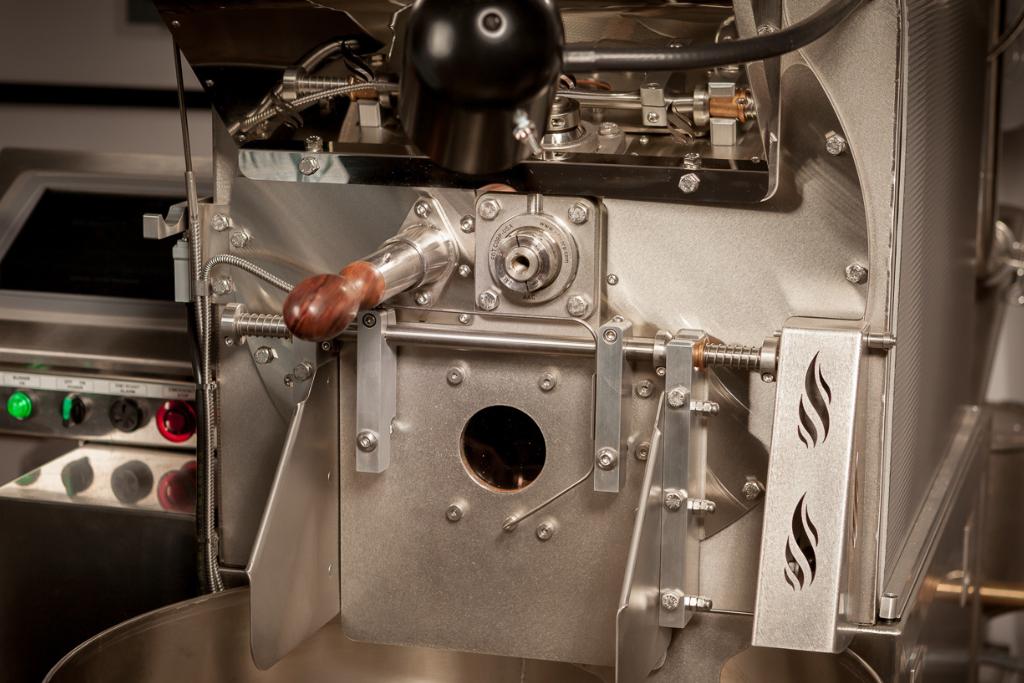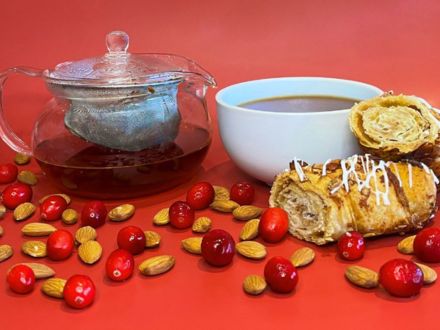No café menu is complete without tea! Even a minimalist offering of one black, one green, and one herbal tea will cover most non-coffee drinkers. Iced tea and cold brew are indispensable in the spring and summer to maximize sales and keep customers cool. In the cooler months, popular tea lattes like matcha and chai have wide appeal and offer endless options for exciting signature drinks. With so many possibilities, Angelica Cordero is here to break down the basics of serving and brewing tea.
The Basics of Brewing Tea
Brewing Loose Leaf Tea
Western style brewing uses a tea pot and/or infuser to steep loose leaf teas, and we recommend 2–3g of tea per 8–12oz of hot water. As steep times and temperatures vary by type of tea, these are our preferred methods for brewing tea:
Black Tea: 195°F for 4–6 minutes
Green Tea, Yellow Tea, & Purple Tea: 175°F for 2–4 minutes
White Tea: 185°F for 1–3 minutes
Oolong Tea: 185°F for 3–4 minutes
Puer: 212°F for 3–5 minutes
Herbal Tea: 212°F for 5–10 minutes
Matcha and Other Powdered Teas
Matcha is a shade-grown Japanese green tea that has been ground into a fine powder. Instead of steeping, it is whisked directly into hot water (160°–175°F is best). It doesn’t dissolve; it stays suspended in the water! Because of that, it’s best consumed right after whisking to avoid separation. As Matcha has become overwhelmingly popular, offering hot and cold matcha lattes is a must!
Sachets
Truthfully, sachets can be a barista’s best friend. Pyramid sachets contain a premeasured amount of tea. Since a sachet can be served to a customer in just a cup of hot water, it cuts down the amount of time needed to serve a cup of hot tea.
Iced Tea
Iced tea is brewed hot and then brought to a cold temperature. Alternatively, you can cut it with ice or cool water to simultaneously chill and dilute. While iced tea can be made with coffee brewing equipment or commercial iced tea brewers, you should keep in mind that smaller grade teas are best for brewing with commercial equipment. Extraction will not be optimal if the tea leaves are larger cut or full leaf.
Cold Brewing Tea
Cold brewed tea is steeped for several hours in cool water. It adds the convenience of being able to brew a large batch for cold teas the night before serving. Additionally, it has benefit of producing a smoother, sweeter brew!
Additional Thoughts on Brewing Tea
Beyond the basics, tea can add unique flavors and colors to limited-time seasonal drinks and café signature drinks! A few easy tea latte recipes can be modified to create menu items that will drive business and keep customers coming back. By brewing tea at concentrate strength, you can add foamed milk and flavored syrups to keep your menu fresh and on trend.
The Basics of Serving Tea
The type of service your business offers will help create the basics for your tea program. Quick service, semi sit-down service, and waiter service each have unique considerations to determine the best selections and brewing methods.
Essential Offerings for a Tea Menu
Without a doubt, the most basic quick service menu should include at least one each of black, green, and herbal teas. These will cover higher, lower, and zero caffeine options, so there is something for everyone, no matter what time of day! For black tea, a breakfast tea and Earl Grey are by far the most popular options. Then, classics like Moroccan Mint and Jasmine Green are ideal for your green tea selection. Finally, single-ingredient herbs like peppermint and chamomile are great caffeine-free choices. Alternatively, you could opt for a crowd pleaser like Hibiscus Berry!
Additionally, clients who enjoy steeping their own tea may be looking for options beyond the basic blacks, greens, and herbals. This may be your audience for oolong, white, and puer teas! That being said, restaurants with table service should consider stocking a more unique variety to meet their customers’ expectations while offering a unique experience. If you’re looking to leave a lasting impression, try more elevated options like Golden Yunnan, Jasmine Pearls, and Phoenix Oolong.
Serving and Brewing Tea for a Crowd
Early morning and lunchtime rushes are a lot easier with sachets! As hinted at earlier, sachets are pre-portioned to serve with 8–12oz of water, though using a second sachet for larger sizes is typical. If you prefer to serve loose leaf tea, you can still achieve the ease of a sachet by portioning loose tea into filter bags. While it will take longer for your barista to portion the tea, they will have more control over how much is included in a serving.
However, we understand that you may want to eliminate single use items like sachets and filter bags. To avoid these, try keeping a few gravity infusers at the bar! This is a convenient way to brew single tea servings and neatly dispense them into cups with easy clean up. You can also brew hot or cold tea in larger batches to user throughout the day. Scale up your hot tea recipe and store it in an air pot, or cold brew iced tea and keg it for nitro!
Additional Thoughts on Serving Tea
If possible, having seating available gives your business the additional option of serving customers pots of tea at their tables. With that in mind, flights of coffees, teas, and lattes have become popular for semi sit-down service. As we all know, creative and photogenic drinks will secure repeat and new business!






